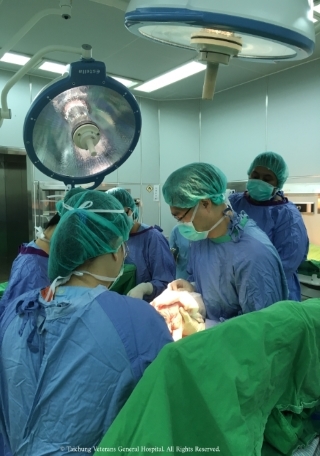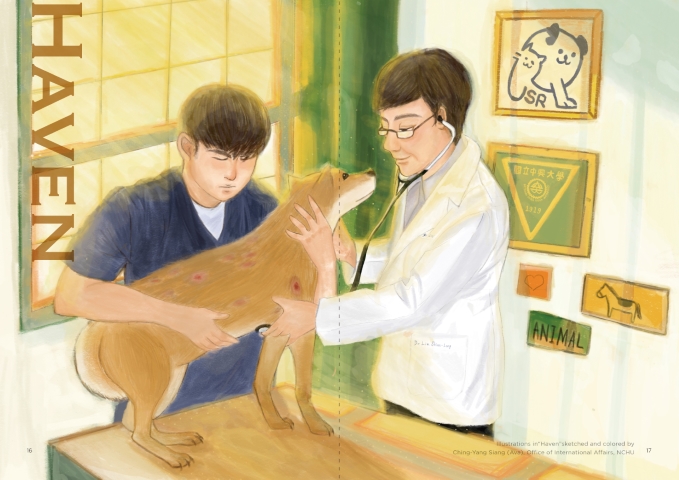Source: Dr. Lin Shiun-Long (Associate Professor, Department of Veterinary Medicine at NCHU)
-
Stray Animals as a Social Issue in Taiwan
According to the statistical report made by the Council of Agriculture, there are more than 150,000 stray dogs, many of which continue to reproduce, living in Taiwan nowadays. A new policy prohibiting animal euthanasia in shelters in 2017, a humane yet somehow deficient in many aspects of legislation, has made animal shelters face overcrowding challenges and further impairs animal welfare.
In Taiwan, TNVR (Trap-Neuter-Vaccinate-Return) is the major method for reducing the number of stray animals. Dr. Lin Shiun-Long, associate professor from the Department of Veterinary Medicine at NCHU, has conducted the TNVR project for over 15 years, receiving grants from the Ministry of Education for his USR (University Social Responsibility) project “StrayLOHAS: to reduce the number of stray animals and improve animals welfare. “
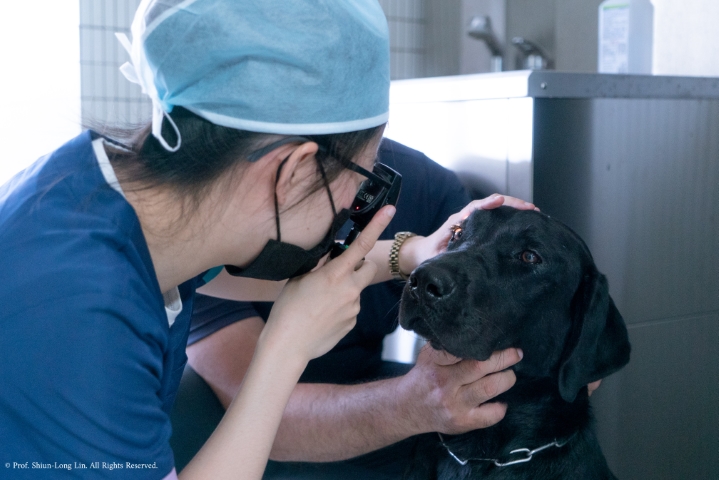
The vets of USR team from Veterinary Medicine Department of NCHU conduct health checks for search and rescue dogs.
-
Vets Who Take Action
“We have a slogan: Uterus in exchange for lives.” StrayLOHAS recruits licensed veterinarians, vet-to-be students, and vet assistants to perform TNVR in remote areas several times per month. During these 4 years, they have spayed and neutered over 5,400 cats and dogs.
“I’ve learned a lot from Dr. Lin, and I would like to become a vet just like him in the future!” says a veterinary graduate student from the project. Even after their graduation, some former members of the project still volunteer to perform TNVR in other organizations. StrayLOHAS plants seeds in the hearts of veterinary students, hoping more and more of them may be willing to take part in finding a solution to the stray animals problem in Taiwan.
To enhance animal welfare in the shelters, StrayLOHAS has also established the first clinic in Taiwan that aims particularly for stray animals named “StrayLOHAS Medical Center ” with the support of USR projects. This center provides high-quality medical services that are equal to that a pet with an owner could receive. The facility has saved more than 400 stray animals who had no access to medical resources in the past. Moreover, StrayLOHAS assigns vets to vaccinate animals in the shelters every year. As 1,200 cats and dogs get free Rabies vaccines and other core vaccinations each year, the probabilities of zoonotic infections are reduced.
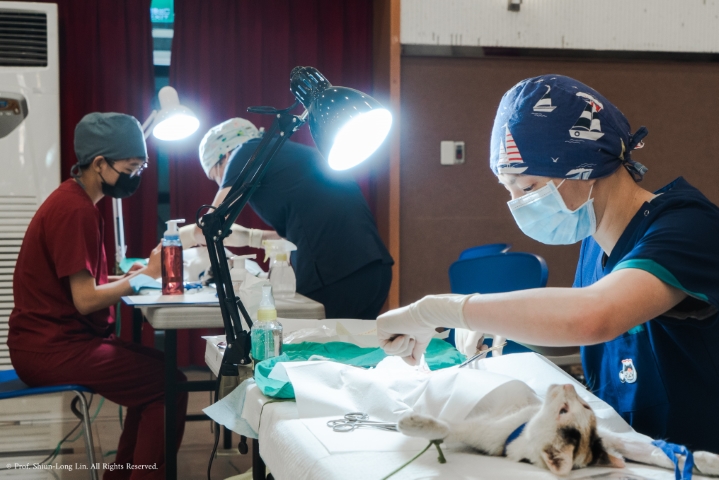
Vet students are performing TNVR in remote areas.
-
To Turn the Table Through Education
To resolve the issue of stray animals, public education is another piece of the puzzle. StrayLOHAS brings students with different academic backgrounds to volunteer in animal shelters and witness the struggles there with their own eyes. The project also works with the Department of Public Policy and Management, Department of Design, Department of Counseling, and so on, to encourage students to brainstorm possible solutions with the knowledge acquired in their professional fields. In addition, StrayLOHAS strives to reduce the number of pet abandonment by apprising pet owners of their responsibilities. Holding more than 70 activities, including exhibitions, forums, and workshops, the project has reached out to thousands of citizens.
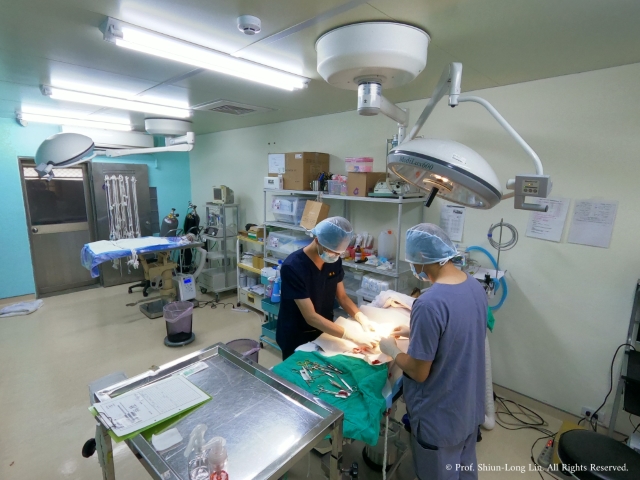
A surgery performed in the StrayLOHAS Medical Center.
-
To Be a Notable Nation in the World
In order to pass on the experiences and to learn new techniques, StrayLOHAS has signed collaboration agreements with the Department of Veterinary of the Vietnam National University of Agriculture, the Department of Veterinary of the Kasetsart University of Thailand, and the nonprofit organization — Three Paws Animal Rescue. They will work hand in hand on the TNVR project establishment, vet student exchange programs, and issues such as the disease control of stray animals. It is vital to improve animal rights in Taiwan so as to keep up with the practices used by top-tier countries in regard to this matter.
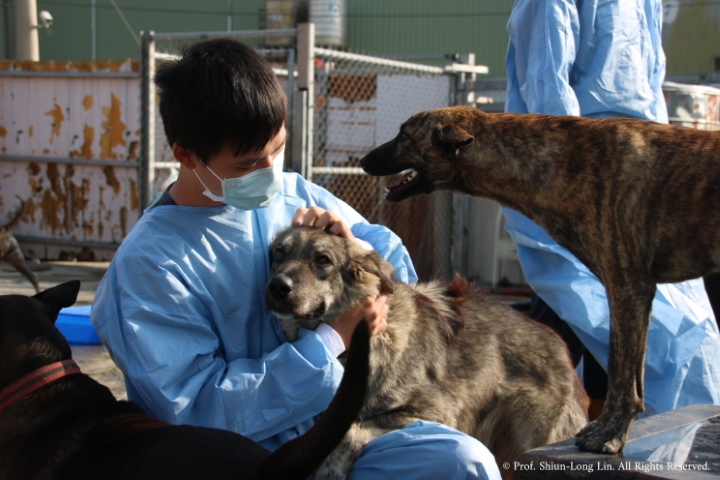
A student volunteers to accompany dogs in the shelter.


